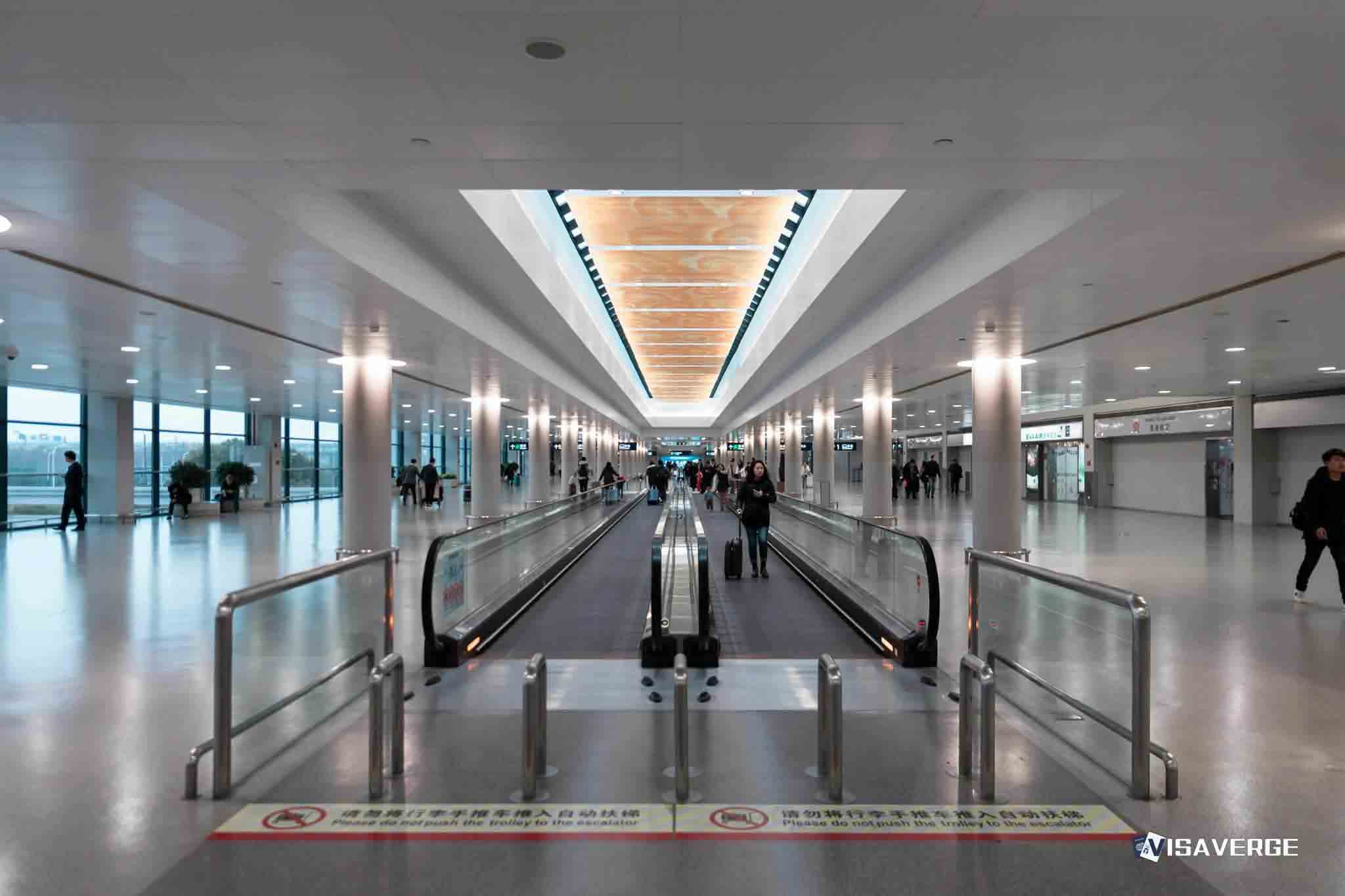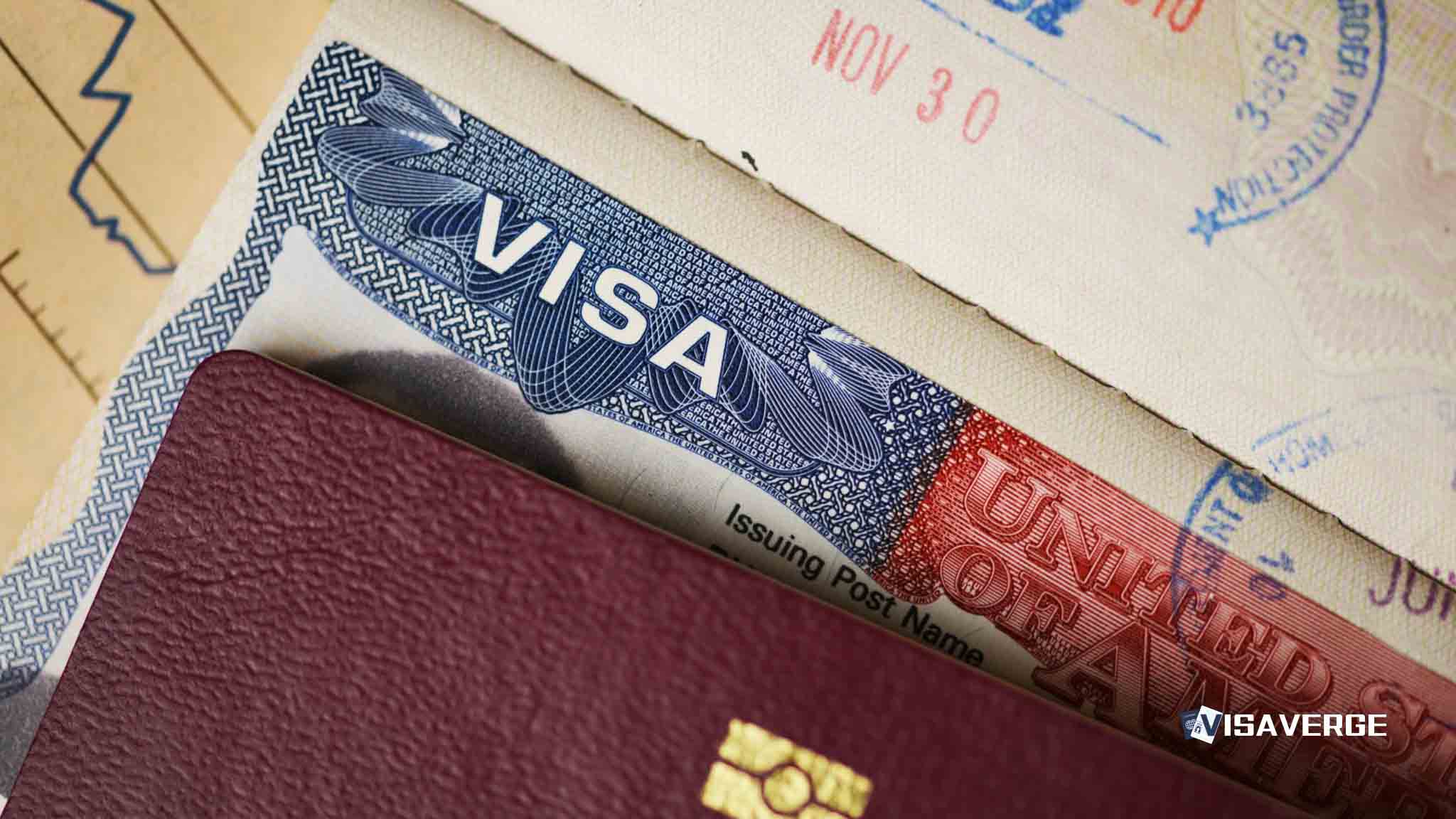The European Union has approved wide-ranging new rules that make it easier and faster to suspend visa-free travel for citizens of non‑EU countries, sharply strengthening a tool that links short-term visits to migration, security, and foreign policy concerns. The changes, agreed by the European Parliament on October 7, 2025 and by the Council on November 17, 2025, lower the bar for triggering the EU’s suspension mechanism, extend how long a suspension can last, and add new grounds such as human rights violations and so‑called “golden passport” schemes. They are expected to enter into force 20 days after publication in the EU’s Official Journal, likely in December 2025, and could reshape travel conditions for millions of people who currently enter the Schengen Area without a visa.
Faster triggers and new thresholds

Under the updated rules, EU governments will be able to move much faster if they see a sharp change in behavior linked to a country that enjoys visa-free access. The threshold for activating the suspension mechanism is now a 30% increase in refused entries, overstays, unfounded asylum applications, or serious criminal offenses committed by nationals of that country, down from the previous 50%.
At the same time, the standard for what counts as a low asylum recognition rate has been relaxed upward, from 4% to 20%, which means the EU can react even when more asylum requests are technically accepted than before, as long as authorities still consider the rate low. According to analysis by VisaVerge.com, these numbers give Brussels far more room to argue that a visa-free partner is putting pressure on the Schengen system and to act before problems spiral.
Key threshold changes (summary table)
| Trigger | Old threshold | New threshold |
|---|---|---|
| Increase in refused entries / overstays / unfounded asylum / serious crimes | 50% | 30% |
| Low asylum recognition rate | 4% | 20% |
Longer suspension periods
The time frame for any suspension will also change noticeably.
- The first stage of a temporary suspension will now last 12 months, instead of 9, giving the EU an extra quarter of a year to test whether tougher controls at the border change patterns of travel and migration.
- If the European Commission decides that the problems continue, it can recommend that member states extend the suspension for a further 24 months, up from 18 under the old regime.
In total, visa-free access can now be blocked for up to three years. If, at the end of that period, the EU judges that the underlying causes have not been solved, it can move from a temporary freeze to permanent revocation of visa-free travel for that country’s citizens.
Broader grounds for action
The grounds for using this stronger suspension mechanism are no longer limited to classic migration and security indicators. The new rules allow action when the EU sees broader political or legal problems, including:
- Human rights violations
- Hybrid threats, such as state‑sponsored instrumentalization of migrants
- Citizenship by Investment (CBI) schemes that sell passports or “golden citizenship”
- Lack of alignment with EU visa policy
- Violations of international law or humanitarian law, including non‑compliance with international court decisions
This means a country’s broader behavior on the world stage, not just the number of its nationals crossing EU borders, can now affect whether its people may continue to visit the Schengen Area without a visa.
Targeted (selective) suspensions
One notable change is that the EU’s response can now be more selective. Instead of suspending visa-free travel for every citizen of a country, the rules let the EU target specific groups, such as government officials or diplomats, when they are seen as responsible for the behavior that triggered concerns.
- In practice, ordinary tourists, students, or business travelers could keep visa-free access while political elites lose it.
- Officials say this more proportionate approach avoids punishing entire populations for decisions taken by a small group of leaders, while still sending a sharp political signal.
Dialogue and remediation during suspensions
During any suspension, whether broad or targeted, the European Commission is required to stay in close contact with the affected country. The rules set out a period of dialogue and remediation, during which Brussels and the partner state are expected to:
- Discuss the reasons for the measure.
- Agree on steps to fix the identified problems.
- Monitor progress on reducing overstays, cutting unfounded asylum claims, or addressing human rights or foreign policy concerns.
If the country manages to address the issues, the Commission can propose ending the suspension before the maximum time. If it does not, the EU can prolong the suspension or move toward permanent revocation. The new framework, laid out on the European Commission’s official visa policy page, is meant to keep pressure on governments to act throughout the 12 months and any extension.
Who could be affected — scale and practical consequences
The stakes are high because citizens of 61 countries currently benefit from visa-free travel to the Schengen Area for short stays of up to 90 days in any 180‑day period.
For these travelers, visa-free travel is routine for tourism, family visits, or short business trips. If their country’s status is suspended under the revised rules, they would suddenly have to apply for a standard Schengen visa before boarding a plane or crossing an external border. That process usually involves:
- Filling out forms
- Paying a fee
- Providing fingerprints
- Waiting days or weeks for a decision (depending on consulate workloads and local conditions)
For frequent travelers, students attending short courses, and people with family ties spread across borders, even a temporary suspension could disrupt long‑planned visits and daily life.
Interaction with ETIAS
These rule changes arrive just as the EU prepares to roll out the European Travel Information and Authorization System (ETIAS), an electronic pre‑screening system for visa-exempt travelers expected to start in mid‑2025.
- Once ETIAS is in place, people from visa-free countries will have to apply online for an authorization before traveling, providing basic personal and travel information in advance.
- The new suspension mechanism will sit alongside ETIAS: if a country’s visa-free status is suspended, its nationals will no longer use ETIAS but will instead fall under the normal visa regime.
The official ETIAS portal explains that the system is meant to improve border security while keeping short visits simple for those who remain eligible.
Political context and likely tensions
The political context behind the reform is sensitive. EU institutions present the changes as part of a broader strategy to manage migration, security risks, and foreign policy tensions in a fast-moving world.
- The reforms respond to debates inside the bloc about how to deal with countries that enjoy visa-free access but move away from EU values or align themselves with rival powers.
- The source material notes that countries such as Georgia have been mentioned as possible early candidates for tougher measures, due to concerns about human rights and political developments, though no formal steps have been announced.
By linking visa-free travel more clearly to respect for international law and alignment with EU policy, Brussels hopes to gain more leverage in those debates.
Impacts on travel, business and civil society
For travelers, the reforms bring a layer of uncertainty to what many saw as a settled right to enter Europe without a visa.
- Tour operators and airlines that serve visa-exempt markets may need to watch political signals from Brussels more closely, since a decision to suspend could force them to check visas at short notice.
- Migrants and asylum seekers from visa-free countries may see changes in how their claims are viewed, as trends in asylum applications are now directly tied to suspension risk.
- Businesses that rely on short visits from partners, investors, or specialists from visa-free countries may lobby against broad suspensions except in extreme cases.
At the same time, the longer 12‑month initial suspension period and the possibility of a 24‑month extension give authorities more time to observe whether tougher rules actually change behavior.
Reactions to watch
Human rights groups and migration advocates are likely to watch how often and in what situations the EU uses the new powers. While the rules allow targeted suspensions focusing on elites, past experience shows that even limited measures can have wider social effects — especially when families are split between the EU and visa-free countries.
- Member states facing pressure from irregular migration or security threats may push Brussels to act quickly once the 30% increase threshold is crossed.
- Others may urge restraint to avoid harming ordinary people and businesses.
Key takeaway
The link between visa-free travel and wider political behavior is now much tighter than before. Travelers from the 61 visa-exempt countries may not feel any change on their next trip to Europe, but the rules that support their easy entry are now far more conditional — and the line between a welcome without a visa and a sudden need for formal permission has become easier for the EU to cross.
For now, the new suspension mechanism remains a legal tool waiting for its first major test once it enters into force in late 2025. The real impact will depend on how often the European Commission proposes its use, how EU governments respond, and how partner countries react during the dialogue phase.
The changes are expected to be published in the EU’s Official Journal once finalized; see the EU’s Official Journal for publication details and the text of adopted measures when available.
The EU approved stricter, faster rules to suspend visa-free travel, lowering the activation threshold to a 30% increase in refusals, overstays, unfounded asylum claims or serious crimes and raising the low-asylum recognition rate to 20%. Initial suspensions will last 12 months and may be extended by 24 months, with permanent revocation possible. Grounds now include human-rights violations, hybrid threats and CBI schemes. The reforms allow targeted measures and require dialogue and remediation during suspensions.













